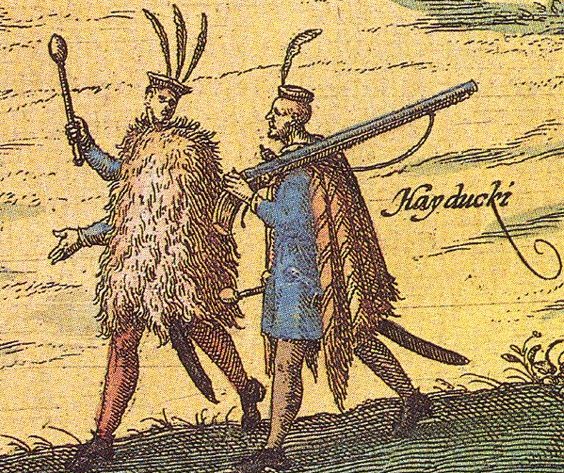Aldarion
 Archmage
Archmage
I don't know. All I had been able to find was that 1 gold Florint was 100 silver Denarii, and that it remained in place until 1521.Interesting...now I have to go look it up. Was it completely a base-10 system?
It seems that sub-denar coins were called garas and obulus.

The wealth of King Matthias - Hungarian-Ottoman Wars
The wealth of King Matthias One may ask how was King Matthias able to finance his standing army and the rest of his soldiers whose numbers altogether could reach 164,000 men at times? Without crippling the economy? Moreover, during his 32-year-reign the number of newly built splendid late-Gothic...
 www.hungarianottomanwars.com
www.hungarianottomanwars.com
You have some information on the coins here:
Search the coin catalogue – Numista
Coin, banknote and exonumia catalogue, online collection management, swaps, forum, and more.
Anyway, for my own world, I decided to use a mix of Diocletianic and Byzantine systems:
Coinage utilizes trimetallic standard; gold is worth 14 times as much as silver and 2 000 times as much as bronze. Currency of the Empire is as follows:
- Aureus: gold, 9 g, 30 mm diameter, denarius value 2 000
- Solidus: gold, 4,5 g, 21 mm diameter, denarius value 1 000
- Tremissis: gold, 2,25 g, 15 mm diameter, denarius value 500
- Argenteus: silver, 6,3 g, 24 mm diameter, denarius value 100
- Siliqua: silver, 3,15 g, 17 mm diameter, denarius value 50
- Denarius: bronze, 9 g, 28 mm diameter, denarius value 1
- As: bronze, 4,5 g, 15 mm diameter, denarius value 0,5

 Auror
Auror
 Troubadour
Troubadour Myth Weaver
Myth Weaver